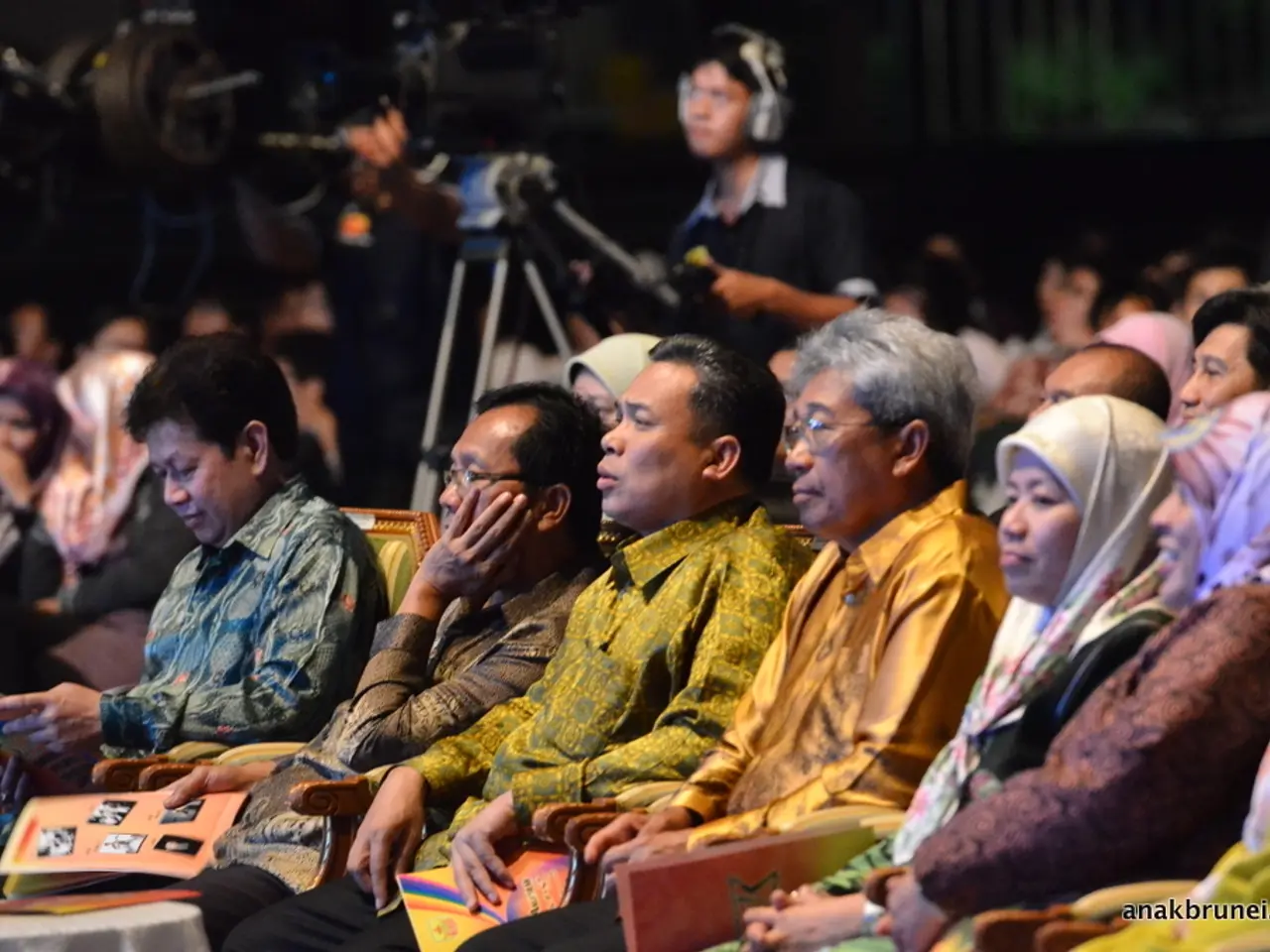Key Insights from ATA2023 (Note: ChatGPT was not involved in the creation of this blog)
The 2023 American Telemedicine Association (ATA) Conference and Expo, held recently, celebrated the success of the past year and honoured visionaries in the telehealth industry. The event, which took place on the exhibit floor, was marked by various stages that facilitated thought-provoking conversations and reconnected professionals with longtime colleagues and dynamic leaders in the field.
The conference emphasised Artificial Intelligence (AI) as the next step in the digital transformation of healthcare. AI is currently being utilised to address issues related to scale, experience, engagement, clinical quality, access, and more. Dr. Jay Sanders, the founder and past president of ATA, shared his journey of using AI in 1969, albeit with limited computer power.
Dr. Sreekanth Chaguturu, ATA's Chair-Elect, spoke about the drop in trust in healthcare institutions. To rebuild this trust, he emphasised the need for collaboration between patients, providers, payers, technology, government, and employers. He also highlighted the importance of meeting patients where they are, using virtual care modalities and digital transformation tools.
The conversation about the integration of telehealth into care delivery is ongoing at the ATA. The telehealth industry has been given some breathing room due to last year's omnibus bill. The industry is striving to remove the burden from clinicians and patients through the use of AI.
The ethical practices for AI implementation in healthcare, as discussed at the conference, prioritise human oversight and ethical governance. Healthcare professionals must maintain control over AI integration, ensuring that decisions balance individual patient care with broader societal considerations. Multidisciplinary governance boards involving clinicians, patients, ethicists, and technologists are recommended to systematically review AI behaviour, assess bias risks, and promote transparency in decision-making processes.
The goal is to change from a single physician at the bedside to collective expertise using AI. The conference also highlighted the need for an iterative regulatory and statutory framework around AI design and implementation. Poster sessions were powerful and showcased research and rigour in this area.
The ATA conference is not just a platform for future-of-care technologies and innovative care models; it is also a place for discussions about barriers to adoption. Special interest groups, such as the Digital Transformation Special Interest Group, are seen as where the magic happens. These groups foster continuous evaluation, responsible development, and robust data governance and risk management, ensuring that AI tools enhance rather than undermine patient care and clinician well-being.
In conclusion, the 2023 ATA Conference and Expo underscored the importance of ethical AI and human-centred governance in the digital transformation of healthcare. The event emphasised the need for continuous oversight, responsible innovation, education, and collaboration to restore trust in healthcare institutions and harness the potential of AI to improve health outcomes.
Artificial Intelligence (AI) was emphasized as a crucial element in the digital transformation of healthcare, with its current applications addressing multiple aspects such as scale, experience, engagement, clinical quality, access, and more. Dr. Sreekanth Chaguturu, ATA's Chair-Elect, highlighted the importance of collaboration between various entities, including technology, to rebuild trust in healthcare institutions and effectively integrate AI in healthcare delivery.




